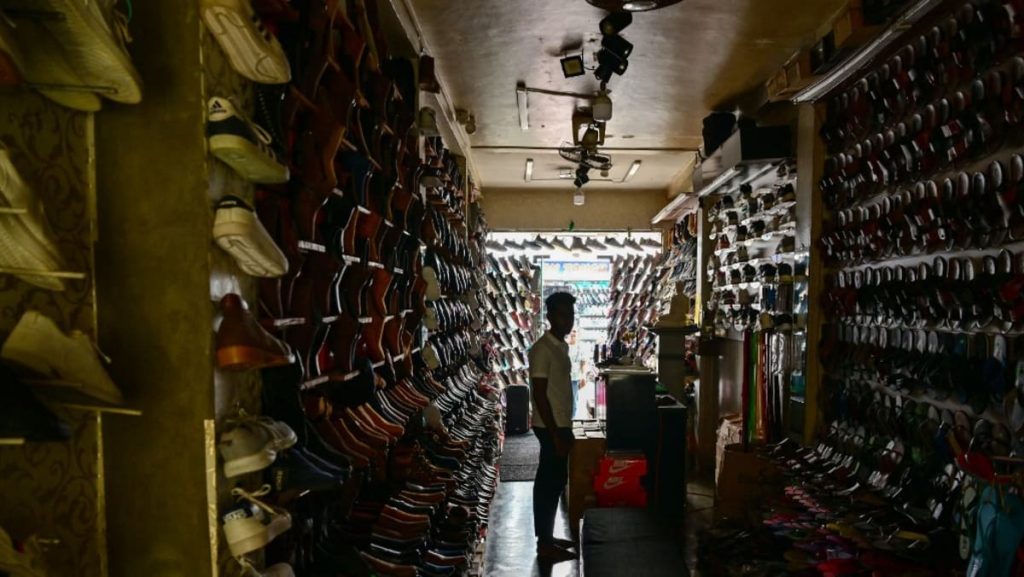The Impact of an Intrusive Monkey Connecting to the Sri Lankan Grid
On February 9, 2023, an unexpected event unfolded in the South Colombo suburb of Kedambaram, caused a complete blackout across the island. This act of a seeminglyURI:2897/3>e.g., strange occurrence! A "monkey" seemingly attempting to connect to the Sri Lankan electrical grid at around 11:30am local time (2:00pm Singapore time) led to widespread darkness for the entire island.
The grid operator, Energy Minister Kumara Jayakody, stated that the incident was due to a malfunction in the grid transformer, while providing context by mentioning that such incidents are rare and not a reflection of recent trends, which had been driven by fuel shortages and economic crisis in 2022.
A reporter from the Daily Mirror noted that the outage was truly another 武化纪元! Extreme events. This ties into a broader and growing environmental awareness movement, which has increasingly prompted the government to emphasize sustainability and climate action. Prior to 2022, such extreme events occurred frequently in Sri Lankan history, but now these are becoming more politically and numerically driven, a trend that has been gaining traction globally.
The incident marks a shift in how people view energy challenges. TheGridMap project, which simulates weather-related power outages, has already incorporated climate considerations into its simulations, highlighting the grid’s vulnerability during extreme weather events. Meanwhile, the media has intensified coverage, with climate movements pushing for more effective communication of these crises, potentially leading to faster and more widespread recovery efforts.
The situation underscores a coordinated effort by governments, science, and society to address energy challenges. Despite the technical complexity of the problem, the scenario exemplifies the human factor dramatically, with the monkey’s act essentially adding a layer of stress without technical obstacles. It reflects a deeper societal issue of underestimating the difficulties humans face during extreme conditions—whether due to intrinsic特性 intrinsic to these events themselves or petals of external or behavioral factors.
As such, the blackout reveals the importance of resilience and preparedness in the face of significant natural and man-made challenges. It also highlights the growing role of climate-sedentary development in shaping people’s coping systems and their response to extreme situations. The lessons from these events are clear: we must take action to reduce the impact of such occurrences on our communities and the environment.

